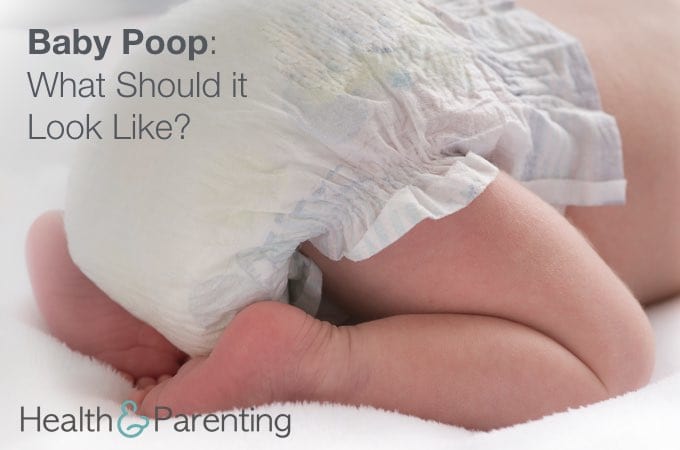Parenting a newborn baby is 30% cuddles, 30% diaper changes, 30% feeding and 10% obsessively googling baby poop on your phone. If you find yourself obsessing over the content of your baby’s diaper, don’t worry, you’re exhibiting totally accepted new parent behavior.
You’ve probably already discovered that changing diapers isn’t really one of the parenting highlights. In fact, you may have already tried to hand this job over to your partner. After all, it’s not really fair he misses out on the joys of breastfeeding, this way he gets his own special bonding activity.
Newborn babies poop a lot, but they will go less frequently after the first few weeks of life. This provides ample opportunity for you to stare into the murky abyss of your baby’s diaper and worry about the contents. As a general rule, if your baby is producing plenty of wet diapers and growing well, you don’t have much to worry about. If you do feel concerned, however, it’s always worth speaking to your healthcare provider for reassurance.
What should baby poop look like?
For the first couple of days, your baby will produce some stomach-turning poops. These dark, tarry monstrosities are known as meconium. These poops were already in your baby’s bowels at the time of birth. Your baby’s first gift to you, if you will. If these early stools are laced with blood or mucus, you should call your healthcare provider for advice.
For the next few days after that, your baby’s stools will look green in color. These are known as ‘changing stools’ as your baby starts drinking more milk. This change can happen earlier in formula-fed babies. By day five or six, your baby’s poops will be yellow because all of the meconium will have been expelled from his system. They may appear seedy and look a little bit like wholegrain mustard (sorry, you’ll have to find a new condiment to flavor your sandwiches with).
Formula-fed babies may poop less often than their breastfed counterparts. Formula-fed babies are also said to produce stronger smelling stools. If you switch from breast to formula feeding you will probably notice a change in your baby’s stools. They are likely to become darker and stronger smelling.
When to seek help
You’ll soon adjust to your baby’s poop routine, and you’ll know when something isn’t right. If you are concerned about your baby’s stools, mention this to your family doctor as soon as possible.
Written by Fiona (@Fiona_Peacock), mother, writer and lover of all things baby related.
This information is not intended to replace the advice of a trained medical doctor. Health & Parenting Ltd disclaims any liability for the decisions you make based on this information, which is provided to you on a general information basis only and not as a substitute for personalized medical advice. All contents copyright © Health & Parenting Ltd 2016. All rights reserved.










